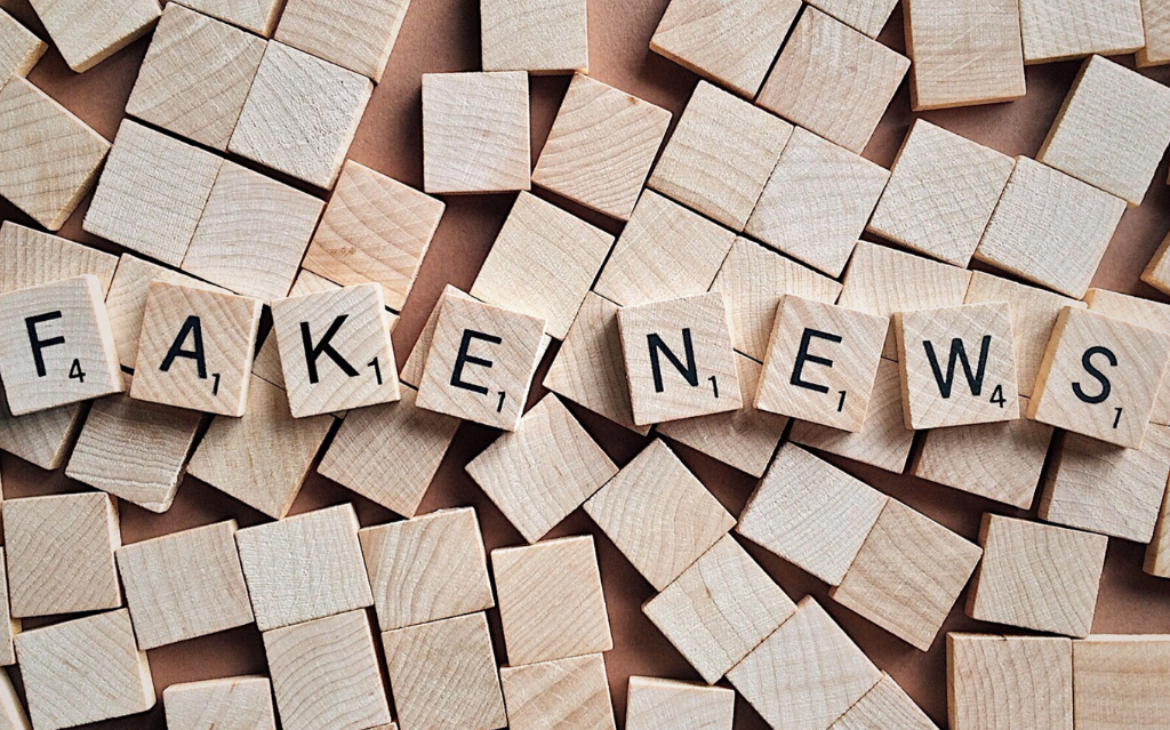However, new digital technology has also enabled the faster and easier spread of fake news and manipulative and misleading information, which has become a serious social problem.
Disinformation refers to false or misleading information that is deliberately created, presented, and spread for the purpose of gaining economic benefits or intentionally deceiving the public, potentially harming the public interest. Posts and articles based on false information, packaged to appear as news, aim to mislead readers for financial, ideological, or other gains and are considered fake news. Misinformation refers to incorrect, false, or misleading information that enters the public domain and spreads without malicious intent but due to someone’s naivety, lack of knowledge, insufficient verification, speed, fear, and other reasons not associated with the intentional pursuit of gain or causing harm.
Fake news, misinformation, and disinformation have serious and destructive consequences for all aspects of society, such as the emergence of informational disorder and moral panic. The difficulty in identifying and distinguishing credible from misleading information represents one of the key challenges for informed citizenship and democratic processes, which are prerequisites for creating a healthy and functional society. Therefore, at the European Union level, a Code of Practice against disinformation has been adopted, which further emphasizes the need to develop information literacy, encompassing skills in searching, assessing, and critically using information.
It is important to recognize fake news and disinformation to avoid “falling” under their influence ourselves (such as the example of the infodemic that occurred during the COVID-19 pandemic) and to prevent spreading false information out of ignorance that could harm a specific individual, company, organization, or society as a whole. Research shows that retirees and children are particularly prone to believing the presented information without further and detailed verification.
Check your knowledge about disinformation and fake news at:
The aim of the quiz is to help users of the platform recognize fake news and disinformation.
This quiz has been designed as part of the project “Enhancing the Culture of Fact-Checking,” implemented by HUOJ in collaboration with media experts from Lider media and the Faculty of Economics at the University of Zagreb, with financial support from the European Union – NextGenerationEU.

